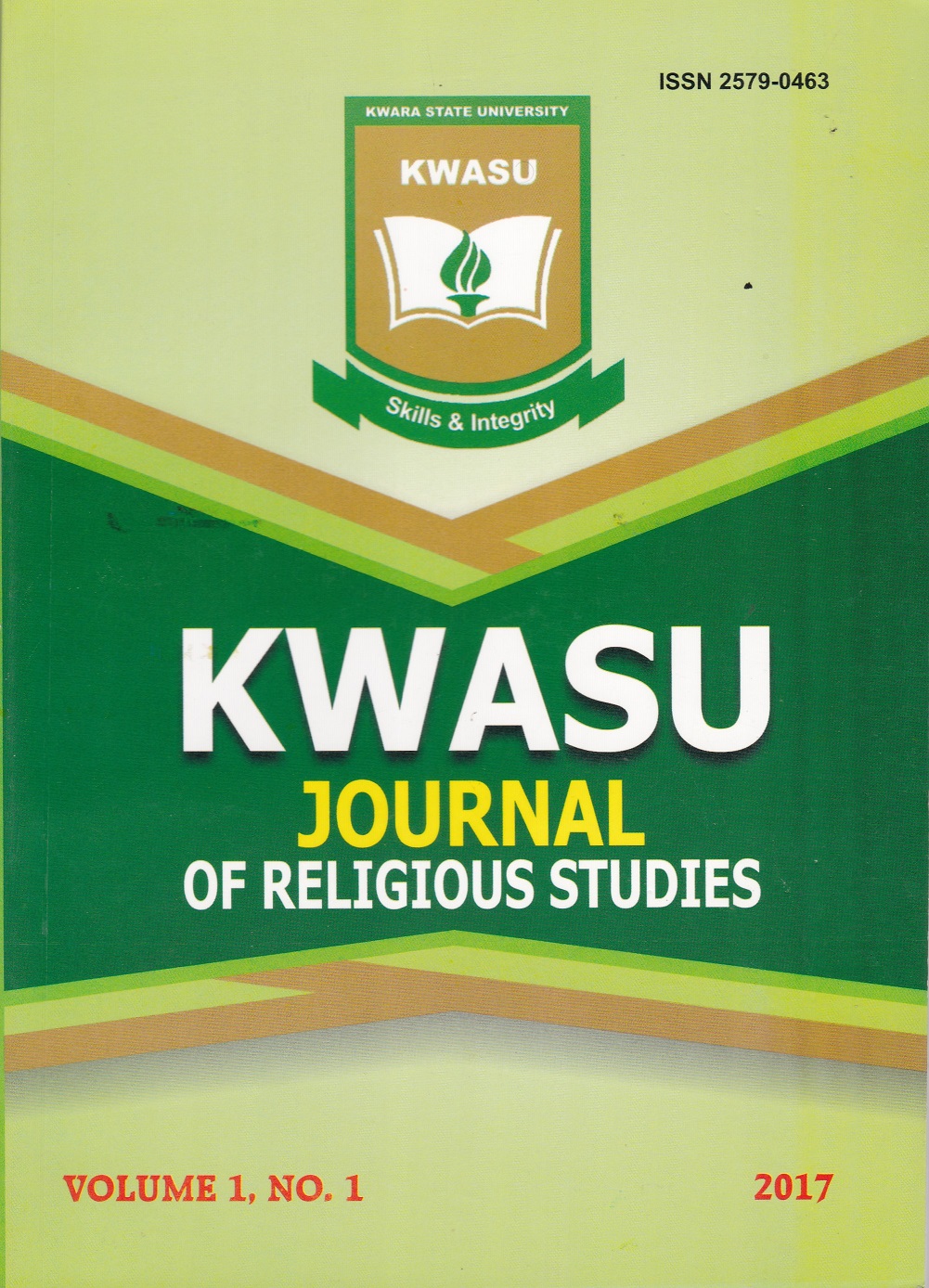Ethics of Interpersonal Communication from the Islamic Perspective
Keywords:
Language, Islam, Interpersonal communication, Peaceful coexistence, ConflictAbstract
The present study addresses the importance of employing the language of etiquette and politeness as a means of consolidating peaceful coexistence in human society from the Islamic perspective. Since communication is one of the most important components that constitute human relations in the society, any attempt to disallow language to fulfill its social function will definitely affect human relations because language is perhaps the most pertinent tool of human communication. Language is a double-edged weapon being a sound expression consolidates human interactions and creates atmosphere for a peaceful coexistence. In contrast, violent and destructive words according to Islamic teachings may lead to misunderstanding, conflict and indeed war. Hence, there will be no room for a peaceful co-existence. The negative effects of those aggressive words and expressions on human relations and society at large are addressed. Using descriptive analysis approach, some destructive types of communication from Islamic views are addressed. The findings of the study suggest that aggressive use of language hinders the integration of the society. Every individual is required to practice communication ethics in order to consolidate human relations.



